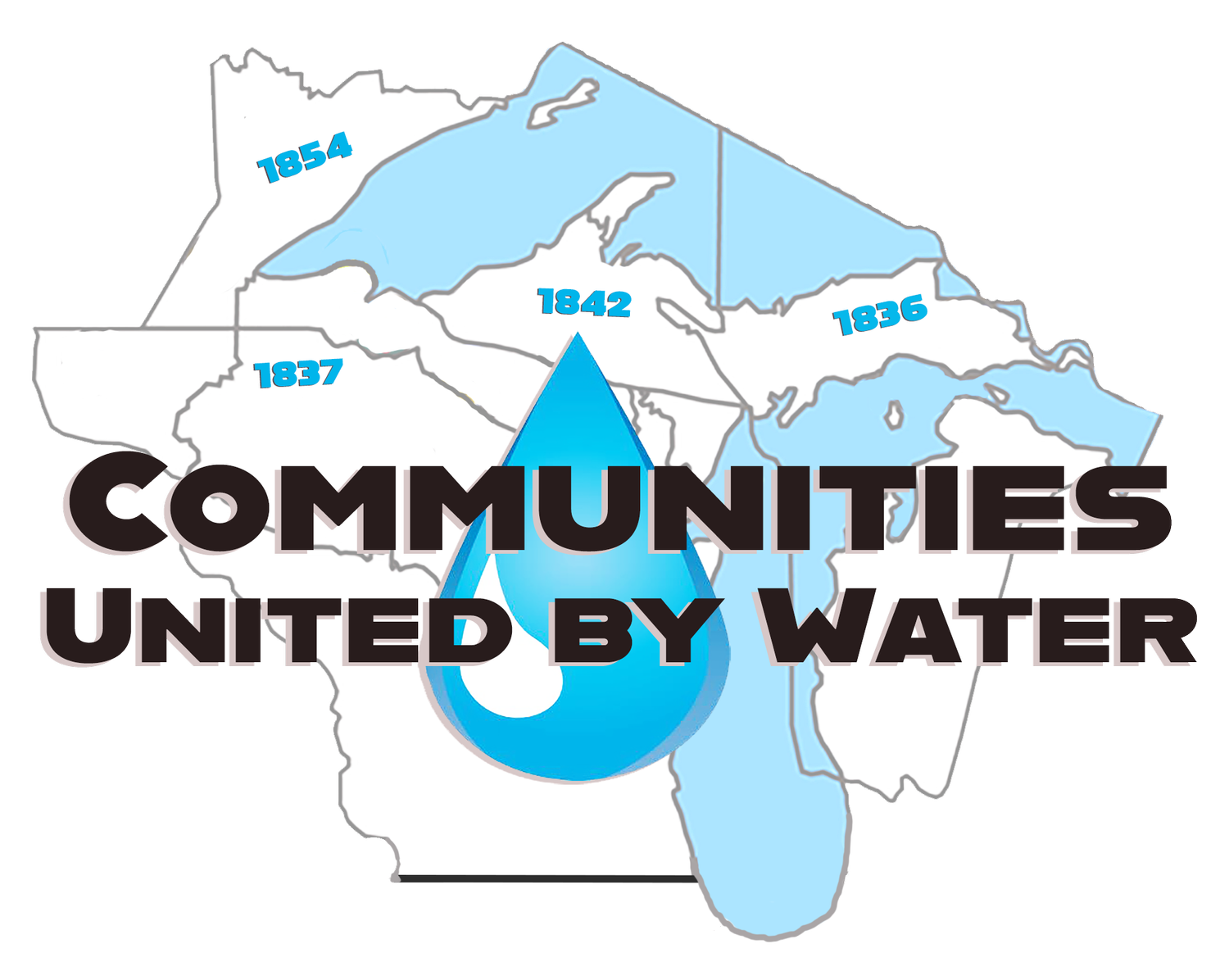On January 15, FLOW and The Institute for Energy Economics and Financial Analysis (IEEFA) will present an important webinar about IEEFA's new report, which offers a detailed analysis of the high capital costs and uncertain future facing Enbridge's ill-advised plan to bore a tunnel under the Straits of Mackinac between Lake Michigan and Lake Huron. Moderated by FLOW Legal Director Carrie La Seur, this webinar features IEEFA's Suzanne Mattei, Energy Policy Analyst; and David Schlissel, Director of Resource Planning Analysis.
Enbridge’s plan to bore a tunnel between Lake Michigan and Lake Huron to replace an underwater segment of Line 5 is costly and ill-advised, according to a new report from the Institute for Energy Economics and Financial Analysis (IEEFA). The report shows that the aging pipeline is servicing a shrinking market and is facing additional challenges that will make it costly to maintain operations.
GUEST SPEAKERS
Suzanne Mattei is an attorney with over 30 years of experience in public interest law and policy. She has analyzed the Federal Energy Regulatory Commission’s policies related to interstate pipeline approval. She has also conducted research on blue hydrogen, petrochemical projects, gas flaring and fossil fuel extraction on public lands. Suzanne is a former regional director for the New York State Department of Environmental Conservation, where she supervised permitting and enforcement in New York City, with an area population of about 8 million. She has a juris doctor degree from Yale University and B.A. from Washington State University. She is admitted to practice law in New York.
David Schlissel is an IEEFA analyst with 50 years of experience as an economic and technical consultant on energy and environmental issues. He has testified as an expert witness before regulatory commissions in more than 35 states and before the U.S. Federal Energy Regulatory Commission and the Nuclear Regulatory Commission. Schlissel’s work has included researching, writing and testifying about the U.S. nuclear industry and the cost overruns, construction delays and other challenges associated with many nuclear projects. He has engineering degrees from MIT and Stanford University as well as a Juris Doctor from Stanford Law School. He also has studied nuclear engineering at MIT in a non-degree program.

